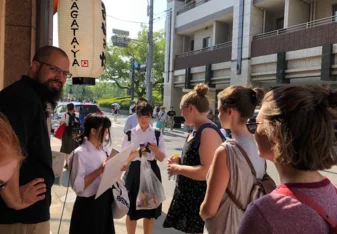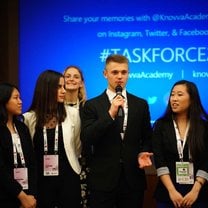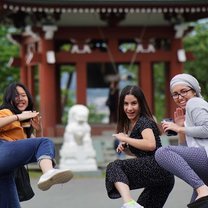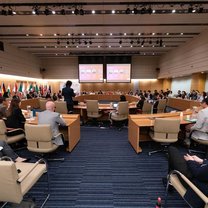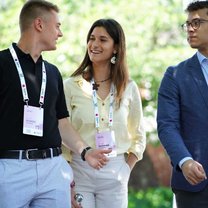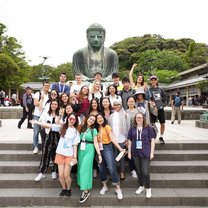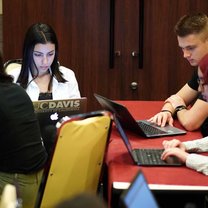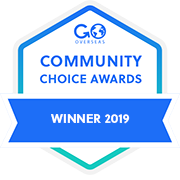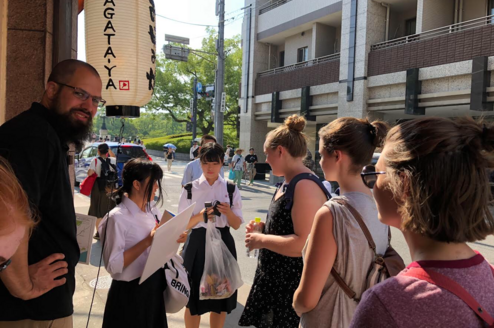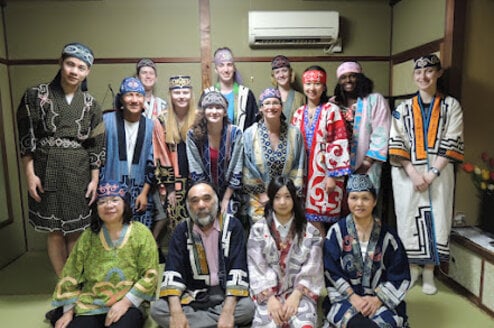Location
- Japan
- Tokyo
Length
1 - 2 weeks
Dec 04, 2019
Jun 25, 2019
12 travelers are looking at this program
About Program
Knovva students culminate their G20 experience at our annual Task Force. Offered only to Knovva alumni and hosted at the actual G20 Summit, the Model G20 Task Force enables students to participate in and observe world leaders in action. Like its inspiration, the Youth 20 (Y20) program, Knovva’s G20 Task Force gives students a platform to engage in discourse with policymakers and represent young people from around the world.





